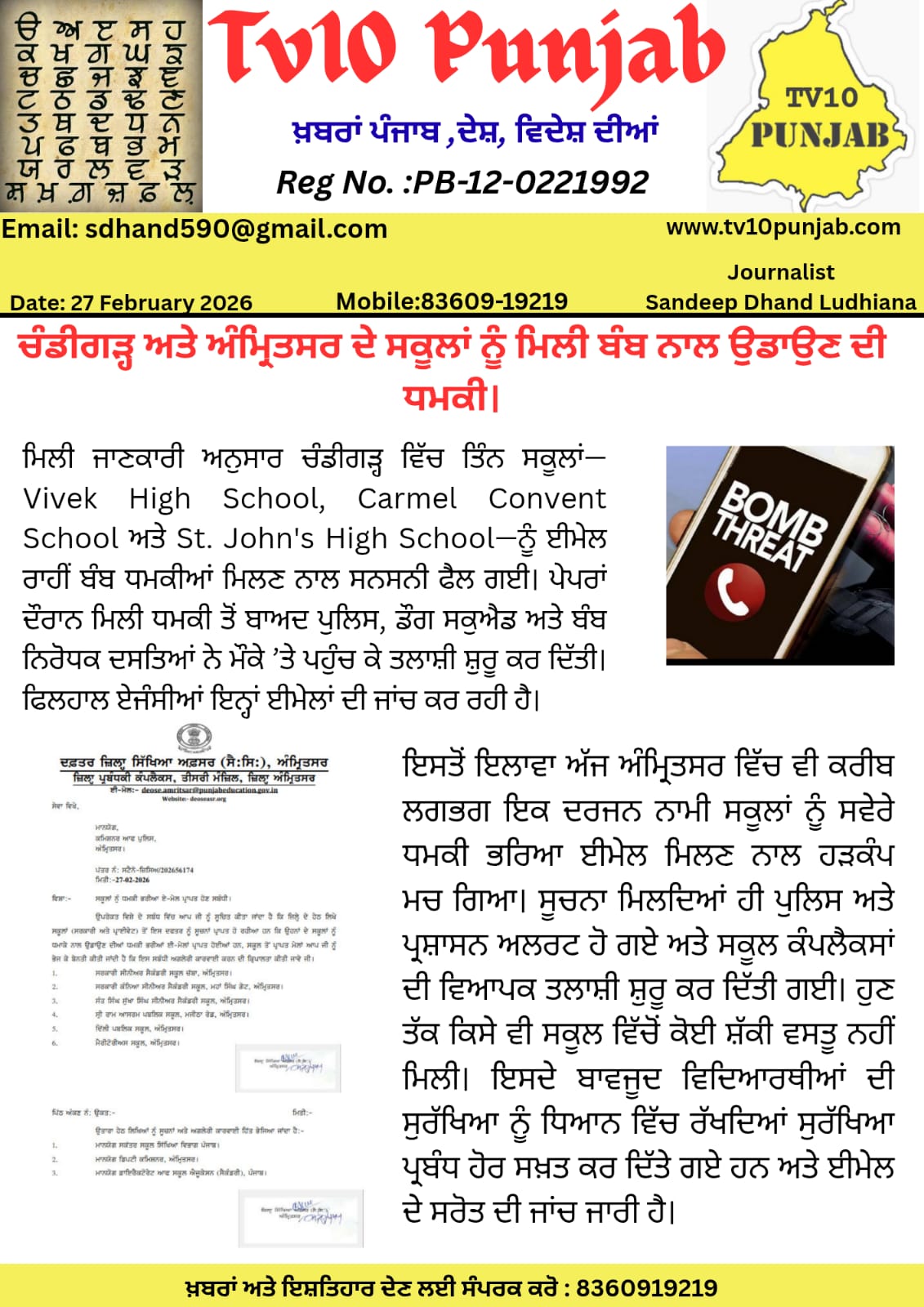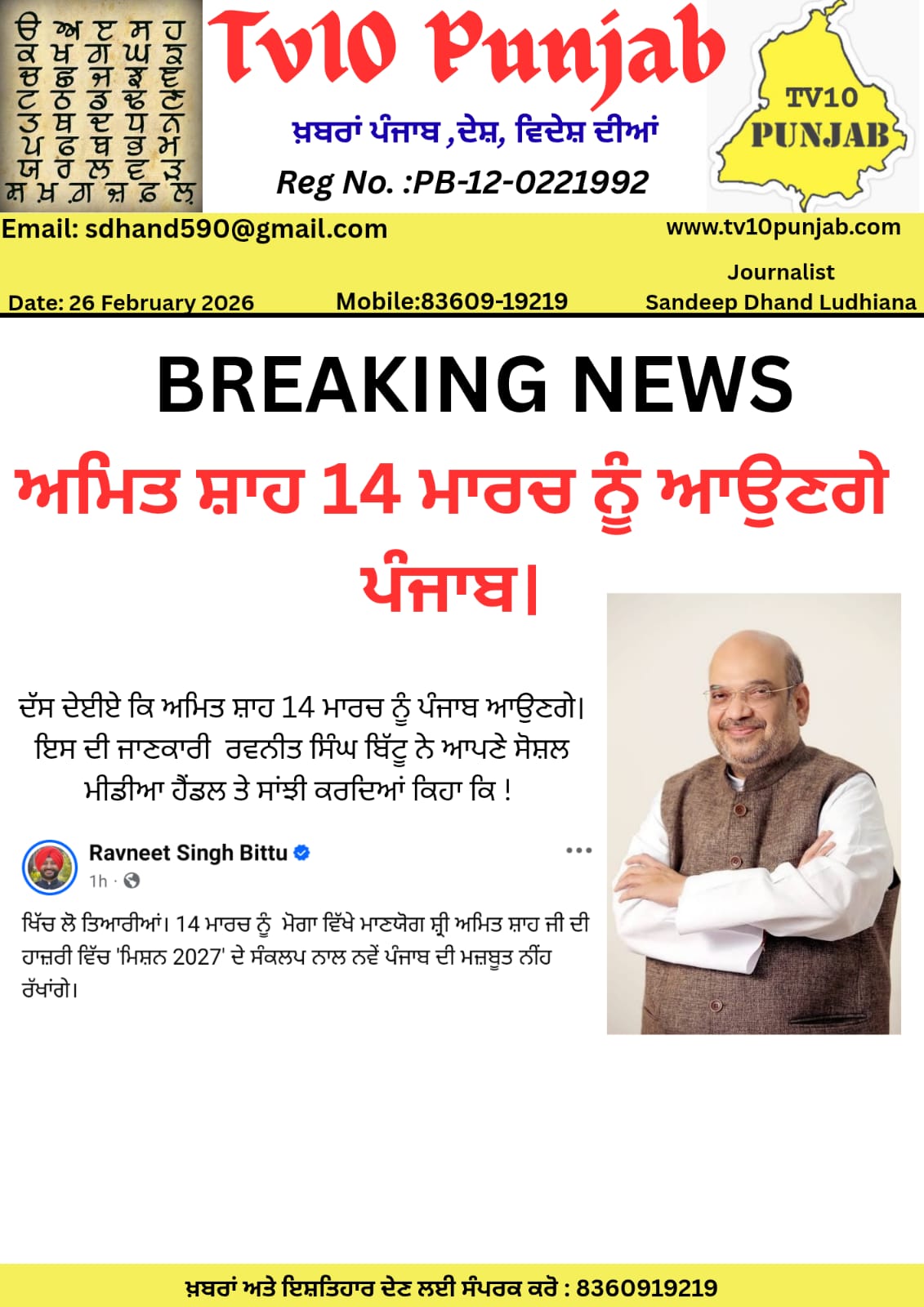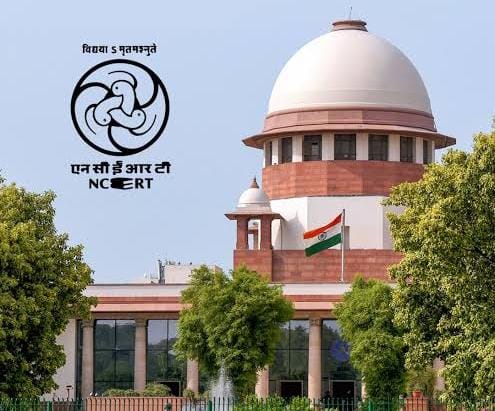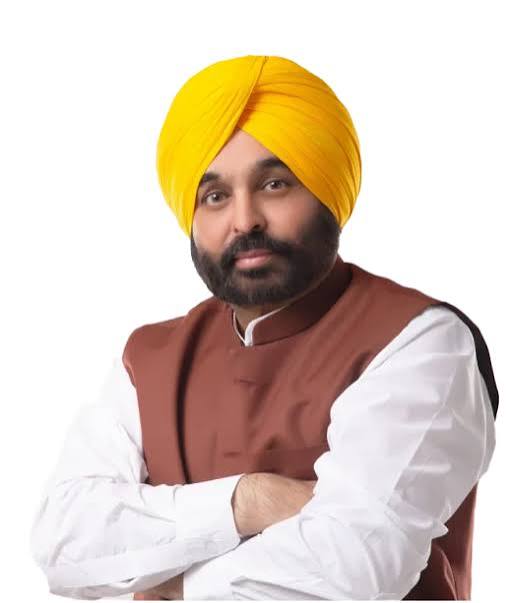National Desk
Election news
19 August , Tv10punjab
The Parliament complex in New Delhi witnessed protests today by MPs from the INDIA bloc against the Election Commission’s Special Summary Revision (SSR) of the voters’ list in Bihar. Led by Rajya Sabha Opposition Leader and Congress President Mallikarjun Kharge, the opposition parties accused the Election Commission of unfair practices that could benefit the ruling BJP.
During the protest, members of the INDIA bloc raised slogans such as “Vote Chor, Gaddi Chhod” (Thieves of votes, leave power) and “Stop Voter Fraud.” They carried a large banner that read “Stop Voter Fraud” along with posters demanding an immediate halt to the SSR process. The MPs stood at the Makar Dwar entrance of Parliament, holding placards and raising their voices against what they called “deliberate manipulation” of the electoral rolls.
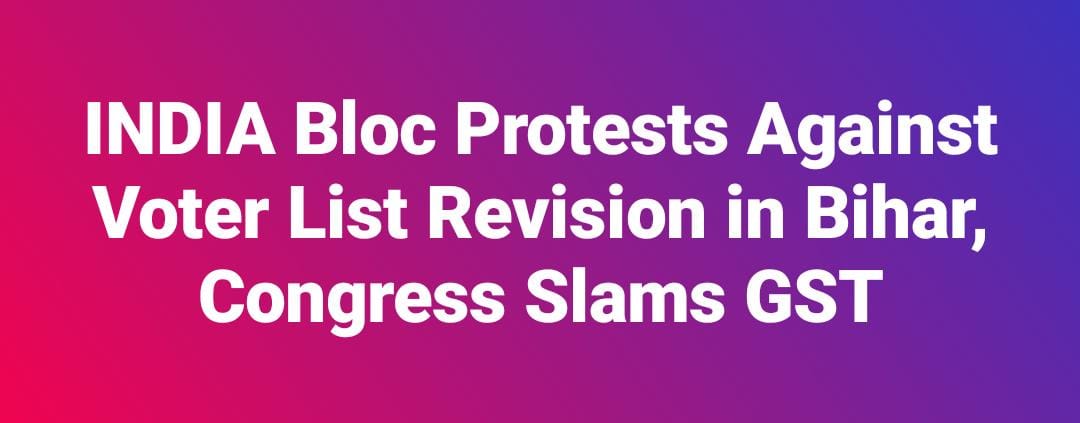
Leaders from Congress, Trinamool Congress (TMC), DMK, Left parties, RJD, and Samajwadi Party (SP) participated in the demonstration. Some SP members also carried copies of an affidavit submitted by their party chief Akhilesh Yadav to the Election Commission, which alleged that names of voters belonging to backward communities were being deliberately removed from the voter list.
Kharge later shared a video of the protest on social media platform X, asserting that the Election Commission cannot escape its constitutional responsibility nor avoid legitimate questions raised by political parties. He emphasized that the “Right to Vote” is one of the most important rights granted by the Indian Constitution and must be protected at all costs.
Meanwhile, Samajwadi Party chief and former Uttar Pradesh Chief Minister Akhilesh Yadav accused the BJP of targeting backward communities in Bihar. He alleged that voters from Maurya, Pal, Bhargel, and Rathore communities, among others, were being systematically removed from the voter rolls. “The truth is that their votes are being cut off. It is being shown as if these votes are transferred elsewhere, but in reality, it is being done to reduce the voting power of backward groups,” Yadav said.
Alongside this political storm, the Congress party launched another sharp attack on the Modi government over the Goods and Services Tax (GST). Congress General Secretary (Communications) Jairam Ramesh said that Prime Minister Narendra Modi’s recent promise to simplify the GST structure proves that the opposition’s criticism of a “flawed GST” was correct.
Ramesh argued that India’s economy has never truly recovered from the twin shocks of GST 1.0 and demonetization, calling them “double blows delivered by Modi.” He pointed out that GST was first conceptualized based on the recommendations of the Vijay Kelkar Committee report in 2004, and former Finance Minister P. Chidambaram formally announced it in his 2006 Budget speech.
Referring to current discussions about GST reforms, Ramesh said, “Dr. Kelkar and his colleagues are now suggesting ways forward for GST 2.0.” He added that the Congress had been right to criticize the GST 1.0 introduced on July 1, 2017, which dealt a serious economic blow after the demonetization of November 8, 2016.
The opposition, therefore, finds itself fighting battles on two key fronts—electoral fairness and economic justice. On one side, it is accusing the Election Commission of siding with the BJP by deleting backward community votes, and on the other, it is highlighting the “faulty” economic decisions of the Modi government that continue to affect India’s growth.
With elections around the corner, both issues—the integrity of voter lists and the performance of GST—are expected to remain at the center of the political debate in the coming months.
